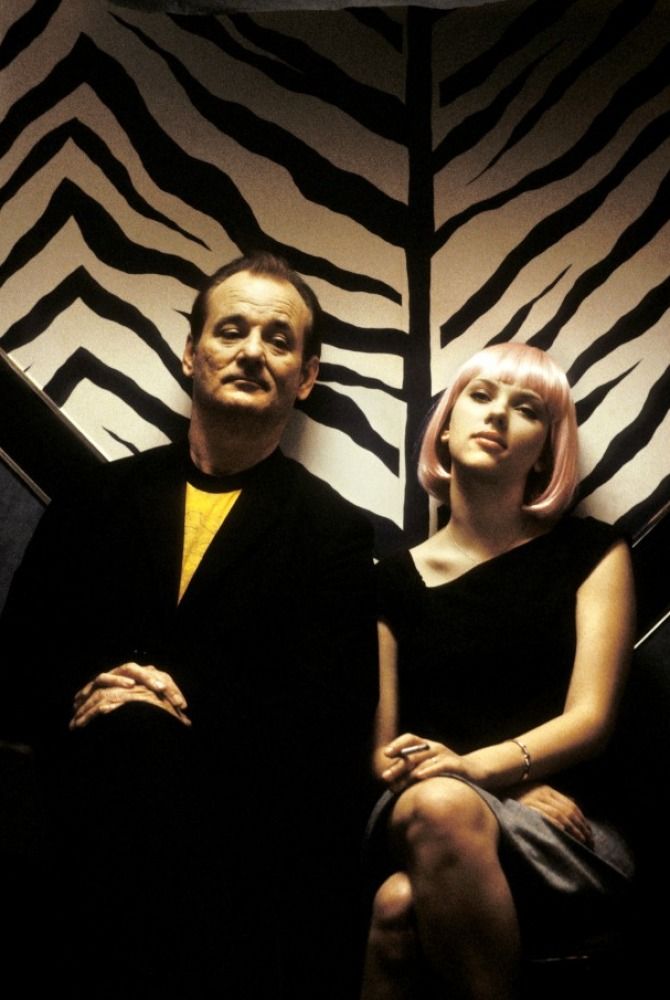Getty Images
Scarlett Johansson is being honest about how she was depicted in Hollywood during her formative years as an actor.
The Black Widow actress spoke candidly about feeling “hypersexualized” and “objectified” as a working actor during a guest appearance on Dax Shepard’s Armchair Expert podcast.
“I kind of became objectified and pigeonholed in this way where I felt like I wasn’t getting offers for work for things that I wanted to do,” she told Shepard, according to Entertainment Tonight. “I remember thinking to myself, ‘I think people think I’m 40 years old.’ It somehow stopped being something that was desirable and something that I was fighting against.”
Johansson began acting when she was nine years old, making her feature debut in the 1994 movie North. She co-starred with Bill Murray in Sofia Coppola’s Lost in Translation, which was one of her earliest breakthrough performances. She was chosen to play a role who was five years older than she was, despite the fact that she was just 17 at the time.

“Because I think everybody thought I was older and that I’d been [acting] for a long time, I got kind of pigeonholed into this weird hypersexualized thing. I felt like [my career] was over,” she explained. “It was like, ‘That’s the kind of career you have, these are the roles you’ve played.’ And I was like, ‘This is it?'”
She added, “The runway is not long on that. So it was scary at that time. In a weird way, I was like, ‘Is this it?’ I attributed a lot of that to the fact that people thought I was much, much older than I was.”
However, the actress claims that throughout the intervening years, things have changed in Hollywood.
“Now, I see younger actors that are in their 20s. It feels like they’re allowed to be all these different things,” Johansson said. “It’s another time, too. We’re not even allowed to really pigeonhole other actors anymore, thankfully, right? People are much more dynamic.”
Johansson wishes to see more work done in order to provide all actors with genuine equitable opportunity, notwithstanding the progress.
“We live in a patriarchy and I feel like there’s a fundamental reality of the woman’s condition that will always, even if those 600 men are not actively aggressive necessarily as much as they would have been a minute ago, it’s still fundamentally there. It’s so baked into our culture and society. It’s hard for me to imagine that ever being not an element,” she said. “I’ve come to this realization that it’s important to understand progress and change when it’s really meaningful—it takes two steps forward and two steps back, and then it gets better and then it gets worse. It’s not finite.”
She added, “I think if you don’t leave room for people to figure it out, then the actual progressive change doesn’t really happen.


